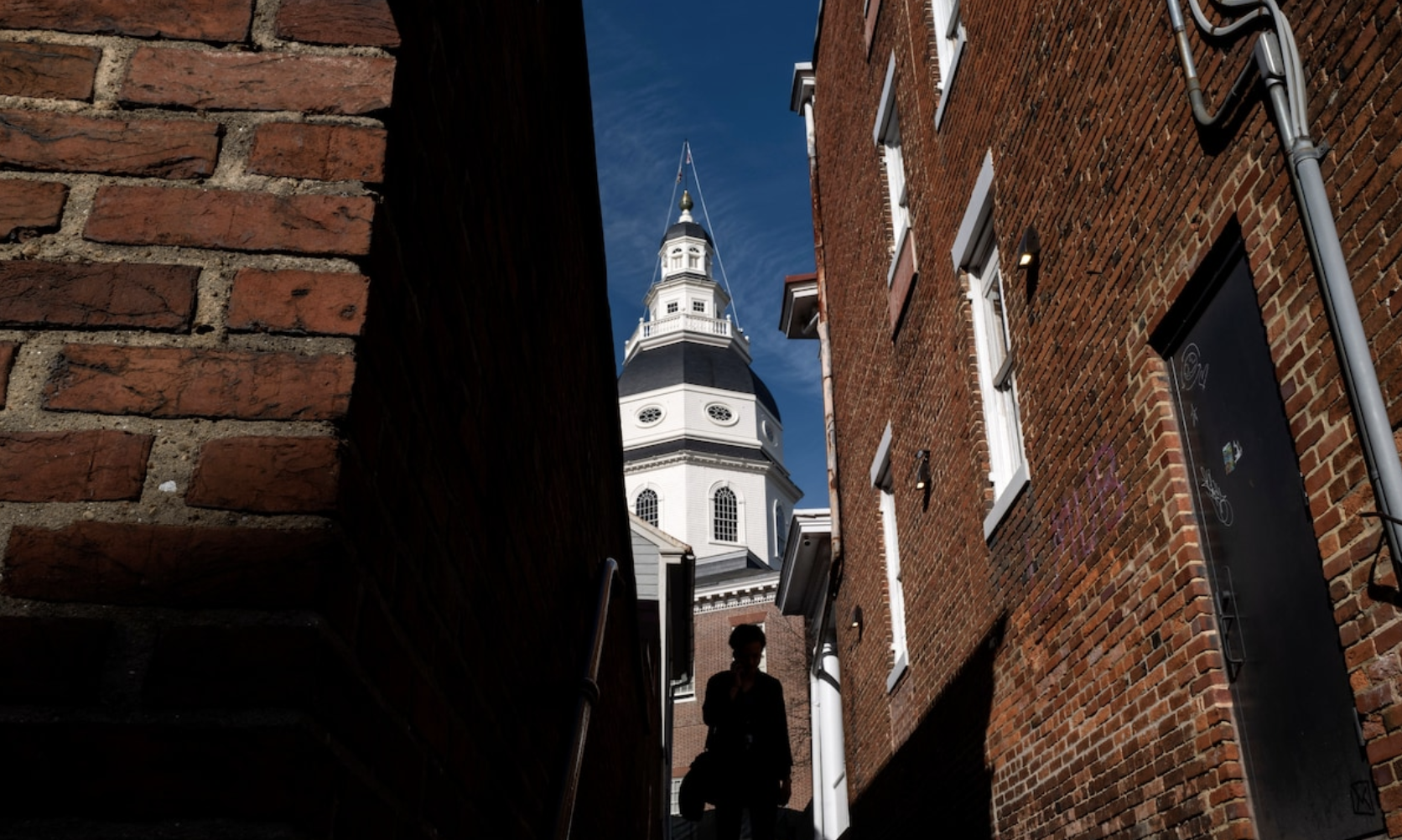
The Truth About Beverage Taxes
Baltimore is facing myriad issues – with the rising cost of living and scarcity of affordable housing high on the list.
WE NEED CREATIVE SOLUTIONS TO THESE COMPLEX PROBLEMS – NOT A BEVERAGE TAX THAT WILL ADD TO THE BURDEN PLACED ON OUR COMMUNITY.
Proponents of a “soda tax” or “sugary beverage tax” say they reduce sugar in the diet and decrease obesity rates, but the facts prove otherwise. In fact, numerous studies show that a tax on sodas and other sugar-sweetened beverages have not reduced beverage calories in a significant way. What they do is raise prices dramatically on everyday beverages, hurting working families, small and local businesses and their employees.
Beverage taxes don’t have the positive health impact on communities that some Baltimore CIty Council Members seem to think they do. The price increases from a tax will hurt lower-income communities and people who work paycheck to paycheck the most.
NUMEROUS STUDIES HAVE MADE IT CLEAR – BEVERAGE TAXES DON’T WORK WHEN IT COMES TO DRIVING DOWN OBESITY RATES AND CONSUMPTION.
When a beverage tax was put in place in Philadelphia, researchers found poorer Philadelphians were hit hardest because they were not as likely to have the means to travel easily outside the city to avoid the beverage tax.
“We do not find substantial reductions in reported consumption for low-income groups nor for those living farther from the city border.”
– A 2018 study by researchers for the National Bureau of Economic Research.
JOIN US TO PROTECT WORKING FAMILIES AND SMALL BUSINESSES IN BALTIMORE
"*" indicates required fields

